Haryana Switch to Hindi
Global Recognition for ICAR-NRC Equine
Why in News?
Recently, the Department of Animal Husbandry & Dairying (DAHD) under the Ministry of Fisheries, Animal Husbandry and Dairying has facilitated the designation of Indian Council of Agricultural Research-National Research Centre on Equines, Hisar (ICAR-NRC Equine) as a World Organisation for Animal Health (WOAH) Reference Laboratory for Equine Piroplasmosis.
Key Points
- Equine Piroplasmosis:
- Equine piroplasmosis, caused by the tick-borne protozoan parasites Babesia caballi and Theileria equi, affects horses, donkeys, mules, and zebras, posing serious health and economic challenges.
- The disease shows a seroprevalence of 15-25% in India, with up to 40% in high-risk areas, causing economic losses due to health impacts, productivity decline, and trade restrictions.
- NRC Equine has developed advanced diagnostic tools for equine piroplasmosis, including ELISA, Indirect Fluorescent Antibody Test, Competitive ELISA, blood smear examination, MASP in-vitro culture system, and PCR for antigen detection.
- Equine Population in India:
- As per the 20th Livestock Census, India has approximately 0.55 million equines (horses, ponies, donkeys, mules) contributing to livelihoods and various industries.
- Out of which 0.34 million are horses and ponies, 0.12 million are donkeys, and 0.08 million are mules, with major populations in Uttar Pradesh, Rajasthan, Gujarat, and Haryana.
- As per the 20th Livestock Census, India has approximately 0.55 million equines (horses, ponies, donkeys, mules) contributing to livelihoods and various industries.
- NRC Equine’s Role as a WOAH Reference Laboratory:
- As a WOAH Reference Laboratory, NRC Equine will collaborate globally, providing diagnostic services, sharing technical expertise, and advancing research on equine piroplasmosis.
- NRC Equine is now the fourth Indian lab to achieve WOAH status, joining labs recognized for Avian Influenza, Rabies, PPR, and Leptospirosis.
- Formal Announcement:
- The official designation of ICAR-NRC Equine will be announced at the 92nd WOAH General Session and World Assembly of Delegates in May 2025.
- This designation strengthens India’s diagnostic capabilities and international partnerships, enhancing India’s leadership in animal health, particularly in equine diseases.
World Organisation for Animal Health (WOAH)
- Established as OIE, WOAH is a standard-setting body recognized under the Agreement on Sanitary and Phytosanitary Measures.
- It works to improve global animal health and is headquartered in Paris, France.
- WOAH had 183 member countries, including India.
- It creates guidelines, such as the Terrestrial Animal Health Code, to help countries prevent disease entry.
- The World Trade Organization (WTO) acknowledges WOAH standards as international sanitary guidelines.

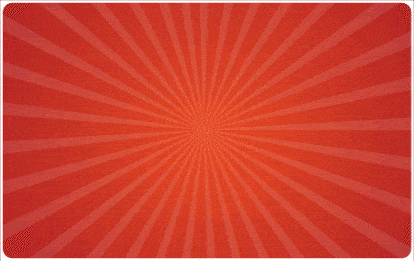
.png)



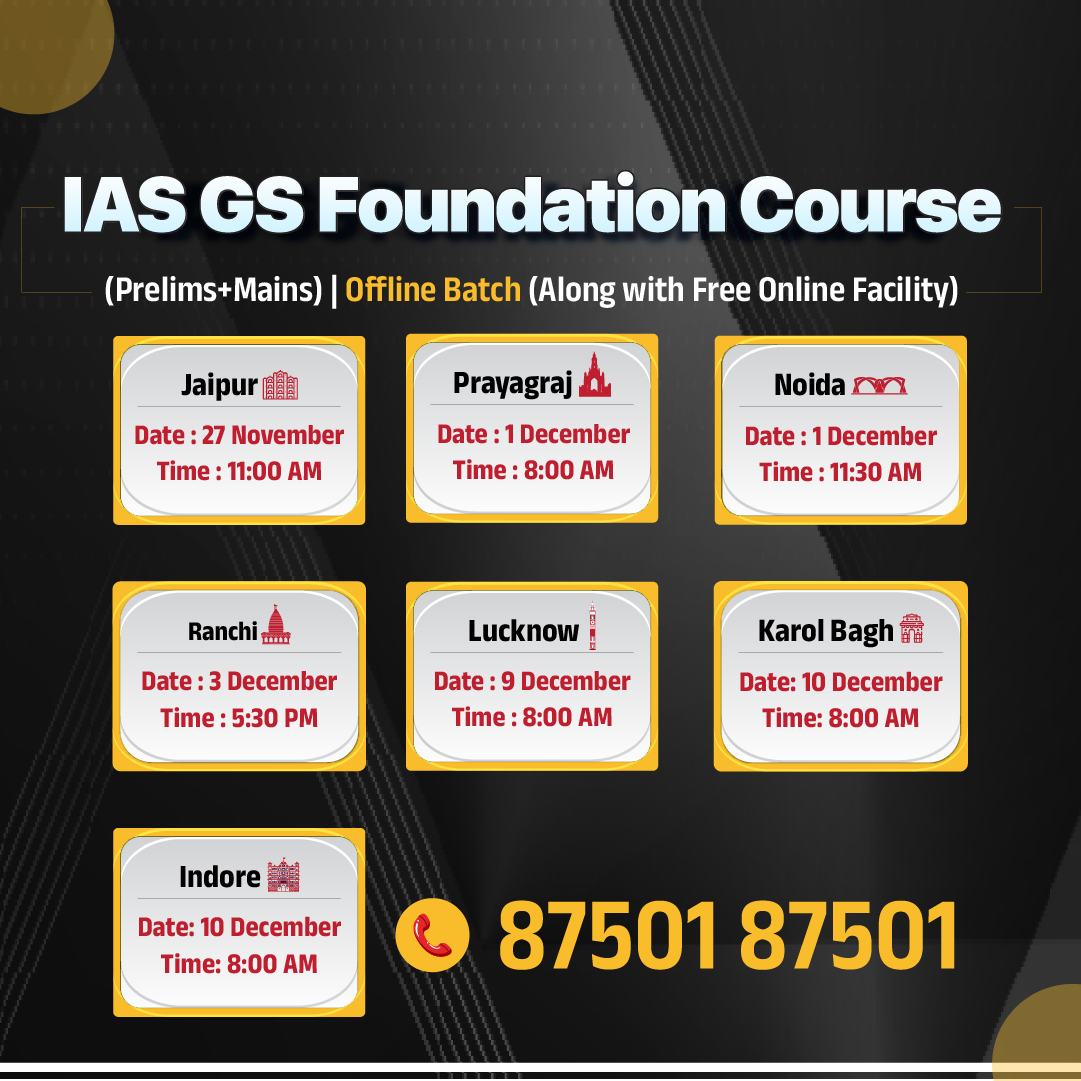
.jpg)






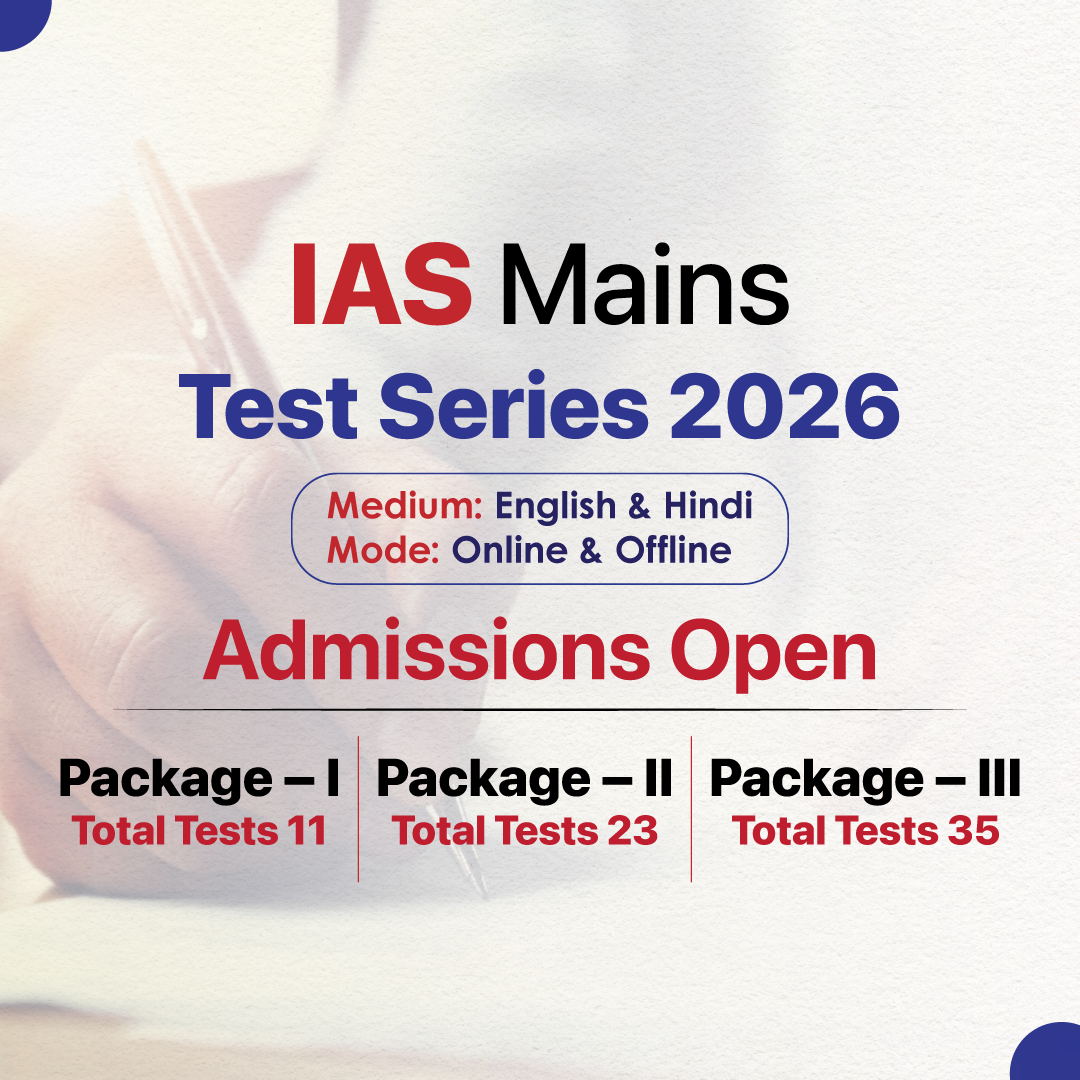

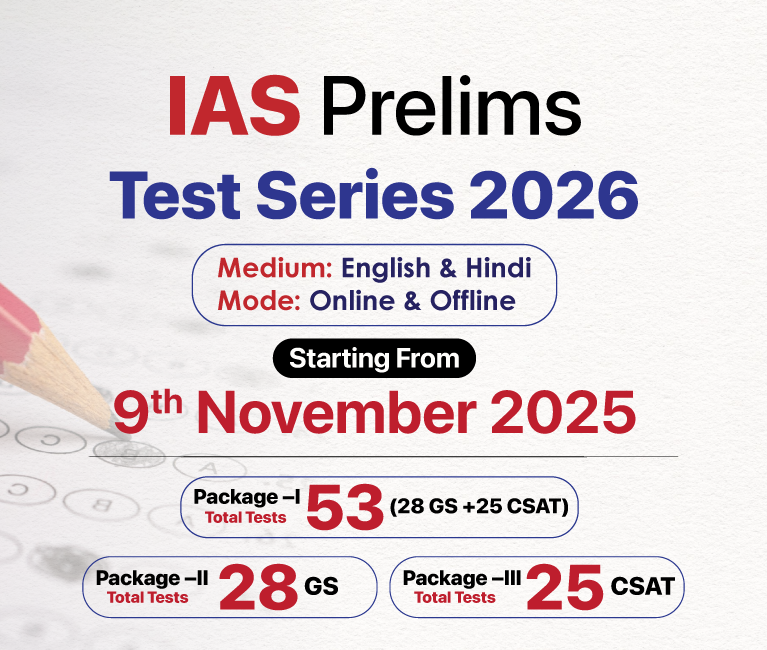
.jpg)
.jpg)



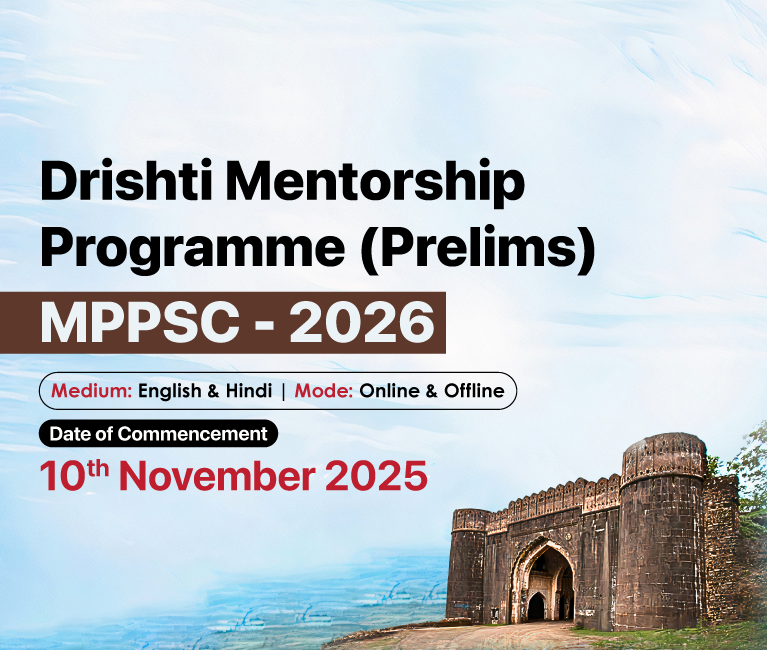
.png)


.jpg)



 PCS Parikshan
PCS Parikshan

